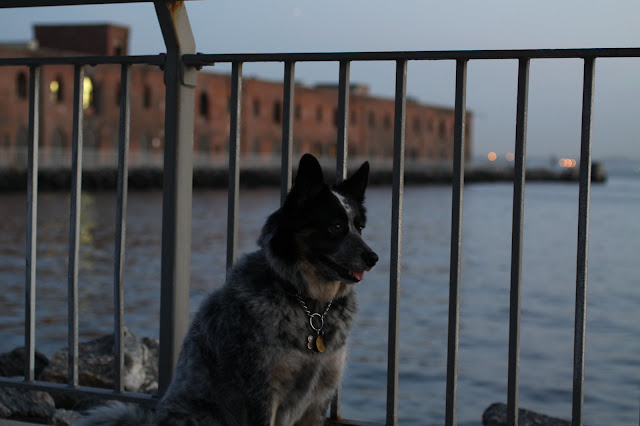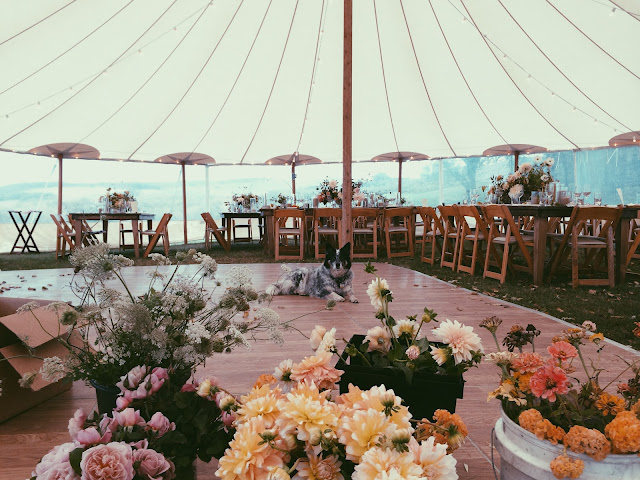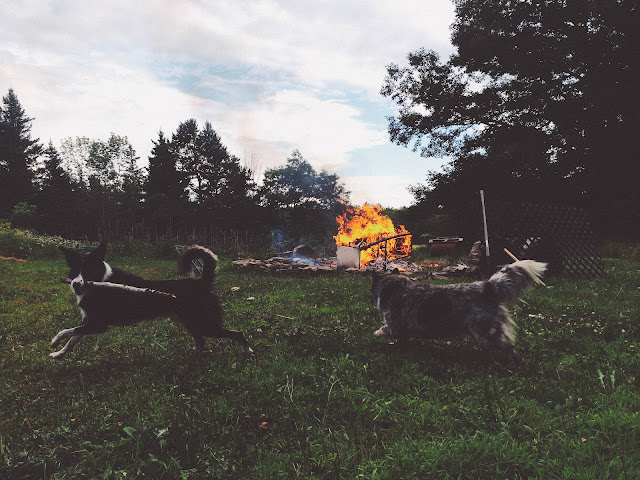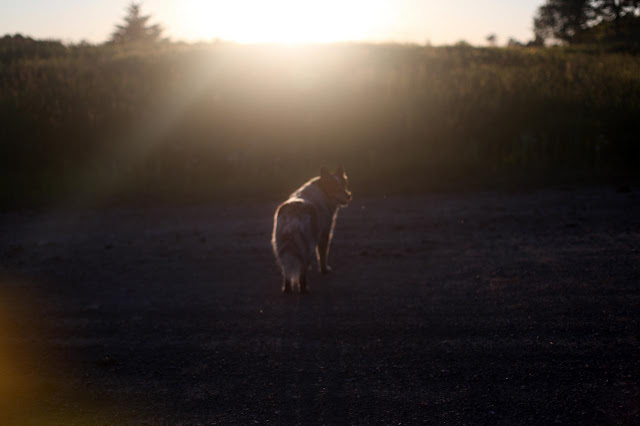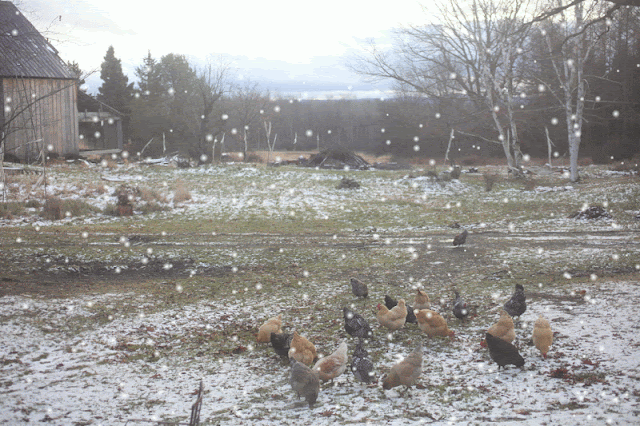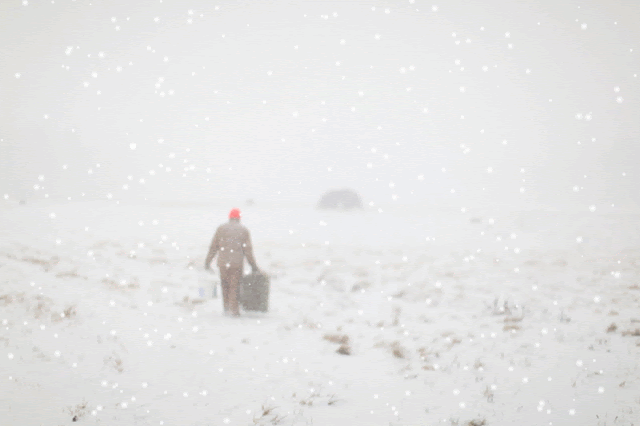In last weeks newsletter (are you still not getting it?! Signup
HERE) I promised I would share three distinct sparks that altered the course of my life - moments that exposed me to a world or possibility that I had not previously considered.
The first was
an article in the NYT art section about a gallery show that made me think the art world could be different. Having recently arrived in NY from a crummy art school with no direction and no connections I worked tooth and nail in multiple unpaid internships in several rather terrible gallery situations to eventually land my dream job at Exit Art a few years later.
The second was flowers - I had never considered flowers or floristry until I was gifted a most unusual and beautifully wrapped bouquet of flowers for my 25th birthday. I became obsessed with the shop they came from (a now closed little shop called Rosebud on Union and Hicks Street in Brooklyn, buying just a stem or two on my walk back to RedHook from the F Train. A few months later I was allowed to make the arrangements for Exit Art's gallery openings and I was off and running through the flower district in NYC thirsty to learn the name of every flower and branch. In 2006 SAIPUA, the combination of my mothers soap hobby and my new found flower obsession was born in a dilapidated storefront on the main drag of VanBrunt Street. The rent was $1000/month! (If you go to red hook now, it's currently the home of
Thank You Have a Good Day.)
The third bifurcation point: my accidental run in with a charging herd of sheep being driven by a sheepdog in 2008 when buying cheese from
Wood Cock Farm in Vermont. The daughter of the cheesemaker was loitering as we were buying sheeps milk ricotta and asked if I wanted to see their flock. Their sheepdog slipped out the door behind us and without warning - embarked on a furiously fast 'come by' driving the hundred or so sheep towards us in a white fluffy sea of terror - I thought I was going to be obliterated. 'Just stand still' the daughter said to me, bored with this tsunami and annoyed at her dog. I left there with a note pinned in the back of my mind: I wanted that scenario for myself one day.

Now here I am holed up in my little apartment white-boarding up a storm; attempting to divine the 2023 calendar season at Worlds End from a litter of post-it notes. It's a complex choreography to place visitors, students, staff and family into a structure and calendar of events that has a corresponding budget of resource allotment (income vs. salaries // energetic input vs. output).
I have come to love this winter activity of imaginative planning - when it's all abstracted and anything is possible...when I might still say - lets scrap it all and plant a giant corn maze! (I mean, not no.)
Irregardless of the direction the season takes us, I'm committed to keeping this project porous, open to changing, and ensuring that the farm always has many points of access for all kinds of different people. The simplest access point; come visit and tour and eat on our OPEN SUNDAYS (Coyote Cafe re-opens on May 14th 2023). A more complex access point; joining us for an entire season as a
farmhand/apprenticeship.
The teaching and exposure that happens here is paramount to my personal desire to build a place so full of aching beauty and uncanny utility. A place where all sorts of interesting people and things are happening in a hive-like environment. Where I can continually be inspired and learn just as I inspire and teach others.
__
In the fall of 2021 I posted something on instagram about what you all could imagine teaching if you came to worlds end. I was so moved by your responses I put them in a spreadsheet to digest later. I pulled it out yesterday and posted the first 100 responses below here (you can also see and add your own teaching desires to the post which is now pinned to the top of the @saipua instagram page.)
granola
natural dyeing, garment building
documentary filmmaking/storytelling
deadheading/pruning
develop recipes, write cookbook, research and save family recipes for posterity
art of napping, balance of eating energy food & exercise, good manners, how to play cards, how to happily be with yourself, benefits of cold showers, how to take exceptional self portraits (not selfies)
chicken slaughtering, soil science, delivering babies/inserting IUDs, trailer backup, scheming about business ideas and politics
how to make a butter biscuit
how to sustainably forage edible/medicinal plants, how to combat plant blindness, make bitters/botanical mixology
yoga
Mah Jongg, how to make the best tuna, chicken, egg salad
how to ice dye, tie dye, weave, yarn dye
how to bake with intutition, clean without harmful chemicals, infuse herbs and flowers into ice cream/sorbets
positive psychology
looking, walking, asking questions, being together - comes from academia
nature poetry in various languages, ecocritical theory
Cyanotypes, nature art
GF desserts using floral/herbal flavor profiles
basic DIY home repair - carpentry and woodworking
how to create flower essence and commune w/plants
soap making
process or intuitive painting for perfectionists
business values and conscious leadership
basic bushcrafting, making fire, tarp shelter, axe skills, basic campfire cooking
women and utopian vision
film photograph in nature, breaking up with plastics, intro to herbalism w/focus on chronic illness, disability, inflammation
meditation, breath work, setting personal boundaries, living with intention, eating and living w/the seasons, group work connecting w/self
ecologically focused landscape and garden design large and small scale
how to build your perfect unique lifestyle business
how to make friends w a plant, how to make a book w a single sheet of paper, how to introuce youself without mentioning capitalism
poetry writing from natural world, oral history storytelling
poetry workshop based on experiment/techniques from Bernadette Mayer
pie baking
mindful marketing for artists/creators looking to attract ideal clients
the art of reinvention, pleasure stacks, nature bathing
white affinity group exploring/disrupting whitness, white supremacy, white folks tuition will subsidize bipoc/black and poc affinity group to come do their work
qigong, chinese medicine lifestyle principles
The Art of Travelogue, paints, writes, draws impressions of where they are
Cooking classes, Japanese ink art
how to replicate native flowers/plants in paper
filing system and organization tips for homes,w/ an understanding of the creative spirit
Learn to Love Marketing your small business starter journey
Cooking classes focused on spices
balancing your energy, cocahing workshops to increase self-knowlege and self-love for more natural way of living
broom making
agricultural education, basic medical education
good manners before they die out completely
@heysisterseasons, teaching about menstrual cycle through nature and climate change
how to build a fire
healthy vocal production, garden design, how to look at photography and take more interesting pictures
hide tanning
distillation, enfleurage, incense making
cultural cooking lessoms from women around the world
mindful foraging and wreath making
how to make bread, yogurt, jam, how to knit, wearable flowers
how to make paper flowers, moths, butterflies etc. if it grows or flies we can make it in paper
how to make a silver cuff, hand built or wheel thrown vases and planters
history of art, premodern European art but would deep dive into whatever period
knitting and spinning
botanical drawing or plein aire painting workshop
ice dyeing
@smudge_studiobk waterlcolor
needlepoint
how to develop and use intuition, use breathwork for healing, personal growth, community care
weaving with foraged and naturally dyed materials
weaving
bread making
how to make a perfect chocolate cake
photography and digital marketing for small floral businesses
"magical realism" - creative practice involving movement, writing, drawing, roomscaping, adornment
rest as regenerative cerative practice
help teach a writing workshop
photography, how to use a DSLR for video, editing, flower arranging, film photography, film elmulsions w/polariods,smaller scale studio lighting, how to make delicious ice cream with unusual flavors
photography - intro, film or digital, how to make my Grammy's risotto, how to give cranky cat pills and ointment
natural dye course, how to press flowers
visible mending, any kind of knitting, hot water bath and pressure canning, sourdough bread and crackers, gingerbread, pizza in home over, foolproof foccaccia
floral bartending, dance party mix tapes
large scale pinch pots (or any scale)
natural dye with food waste, flower, bioregional seasonal plants, local wool and basic spinning, herbal body care, community space holding, cooperative existence
bundle dying
mending, charcoal drawing in nature/figure drawing to lift creative block and to accept phsyical form
@kylecook.custom can teach furniture making techniques like hand tools and dovetails
beekeeping
recognizing signs of burnout, self care
how to print and dye with flowers, make your own apothecary prepartions, make the best ghee, congee, bone broth, reiki, yoga, meditation
the possibilities of cooperatives
moccasin or simple sneaker making
Personal nature color wheels or finding color inspiration in nature and creating a palette around the choices
how to make large scale arrangements with foraged things, how to make really yummy salad
how to make sugar flowers
still life styling and photography with seasonal fruits veggies and flowers
photography in rural context
meditation, yoga
Feldenkrais, relaxi taxi, how to slip in inappropriate jokes into conversation
memoir and personal narrative writing
holistic vaginal health, navigating western healthcare through woman positive and sex positive lens
print workshops - would love to learn more about your space, timing, plans maybe they align with mine













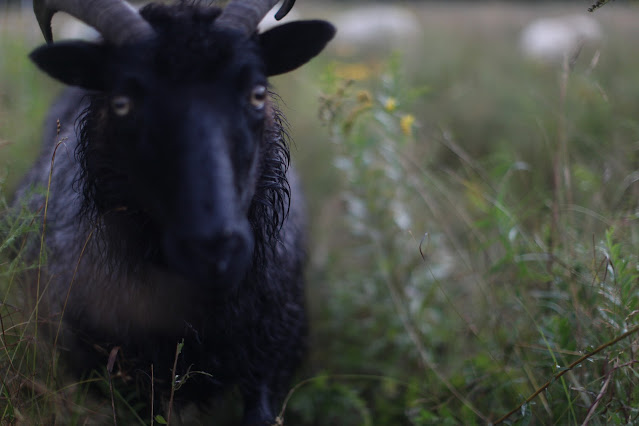

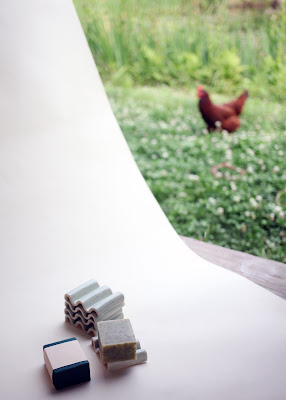

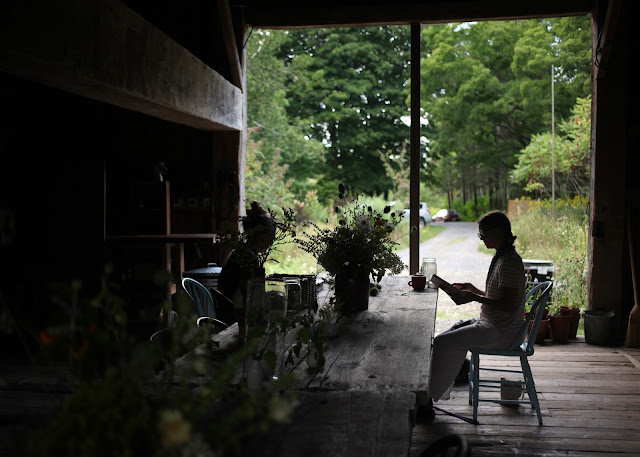
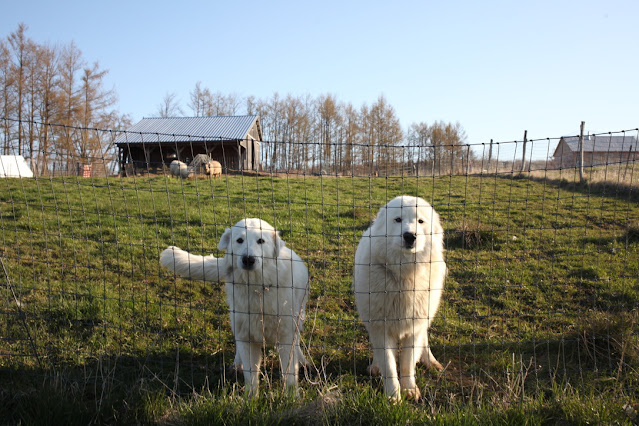




.jpg)
